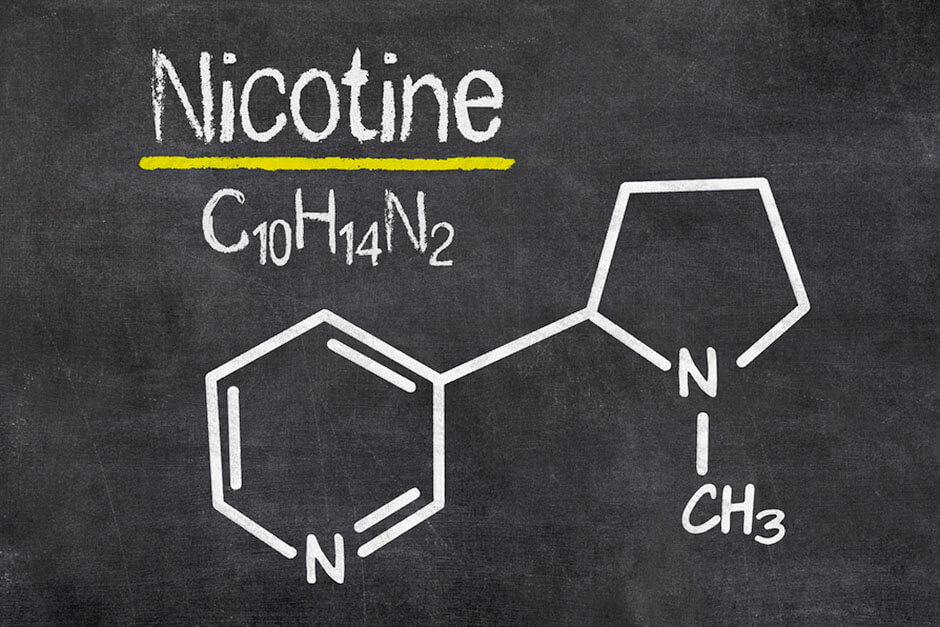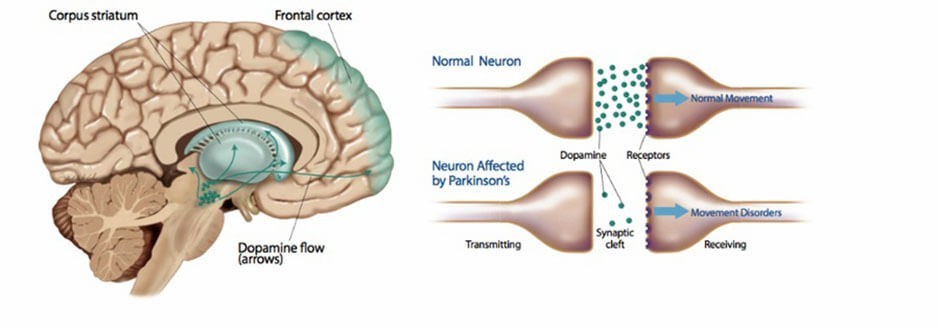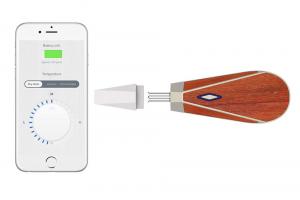
2016-07-22 17:02:42
Nicotine is an addictive drug, and it's what makes people dependent on cigarettes. As a result, nicotine has gotten a bad reputation over the years. Fears about the effects of nicotine have led many people to condemn vaping e-juice that contains the substance; however, it's important to note that nicotine isn't all bad. The drug does have some potential health benefits, including:
- Diminishing the Symptoms of Parkinson's Disease. Studies have found that people with Parkinson's disease experience fewer symptoms like shaking and twisting of the muscles when they are treated with nicotine. There is even some evidence that nicotine may slow the progression of the disease, but more research is needed to verify this.
- Brain Health. The nicotine receptors in the brain act like gates, allowing calcium to enter the brain tissue. The mineral has been shown to promote healthy brain cells and to slow the death of cells, leading many scientists to believe that nicotine could assist with proper brain function, including memory and concentration. Research also shows that nicotine may help to reduce the risk of Alzheimer's disease due to its brain-protective benefits.
- Antioxidant Action. Nicotine has been shown in some studies to act like an antioxidant. Antioxidants are nutrients that destroy free radicals, harmful particles that cause skin wrinkling, age the organs, and cause many kinds of cancer. If nicotine is confirmed to be an antioxidant, it could help promote healthy aging.
- ADHD Control. Studies have found that nicotine may be just as effective at lessening symptoms of attention deficit hyperactivity disorder as the prescription drug Ritalin.
- Ulcerative Colitis Management. Research indicates that nicotine can decrease the inflammation associated with a chronic digestive condition known as ulcerative colitis. The discovery was first made when scientists realized that nonsmokers were more likely to suffer from the condition than smokers.
- Tourette Syndrome Control. Similarly to how nicotine benefits people with Parkinson's disease, the drug has been shown to reduce the tics and twitches that people with Tourette syndrome experience. One study found that a low dose of nicotine could rival the effects of a high dose of prescription medication for Tourette syndrome symptom control.

- Mental Health. People who smoke are less likely to develop scizophrenia, according to statistics, so scientists are now experimenting with using nicotine as a treatment for the condition. Based on early research, it seems that the effects that nicotine has on the brain chemical dopamine can help to reduce symptoms of the condition. There is also some evidence to suggest that nicotine can ease symptoms of general depression in some people.
- Weight Loss Support. Nicotine is known to boost metabolism function and control appetite, leading many scientists to believe that it could be beneficial as a weight loss aid. One study found that people who used nicotine were able to decrease the amount of food they ate by 50 percent and to lose an average of 20 percent of their total body fat.
- Joint Protection. By acting as an anti-inflammatory, nicotine may help to protect the joints and decrease the risk of osteoarthritis developing at an early age. This belief is reflected in some studies and in statistical information. For example, an Australian study found that men who smoked were 51 percent less likely to need hip or knee replacement surgery due to arthritis.
While the potential benefits of nicotine are many, the drawbacks of smoking outweigh them. That's why medical experts and doctors advise people, who want to incorporate nicotine into their lifestyles as an alternative or complementary remedy, do so with electronic cigarettes or other smoking replacements like the nicotine patch. If your doctor has suggested that you vape nicotine e-juice to address a medical condition, contact VaporPlants.com for help selecting the right one.
 : 10off
: 10off : Today
: Today
























